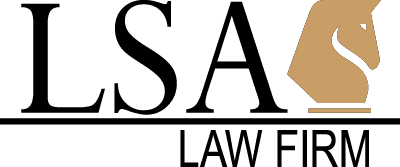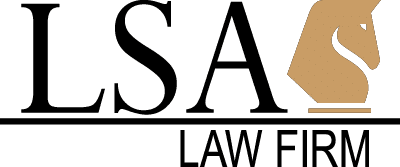In 2025, tax audits in Armenia have become more intensive and targeted due to changes in tax legislation, budgetary demands, and the enhancement of supervisory mechanisms. Promoting tax discipline, increasing budget revenues, and reducing the shadow economy have become primary objectives of the State Revenue Committee (SRC).
In this context, tax audits have become more frequent and are now characterized by new technological tools and risk-based approaches, which require businesses to be better prepared and more compliant with the law. In this article, we will explore what’s new in the field of tax audits and how businesses can get ready for them.
New Trends in Tax Audits
1. Risk-Based Audits
In 2025, the State Revenue Committee (SRC) of Armenia has intensified its use of risk-based audits. The selection of companies for inspection is carried out using analytical tools based on risk assessment. This means that audits can be conducted in any organization, regardless of its size or status.
2. Increased Audits of Large Businesses
In recent months, there has been an unprecedented rise in audits targeting large businesses. For example, a prominent Armenian entrepreneur recently underwent extensive inspections that included a review of documents, products, and, in some cases, even the suspension of product exports. These actions are driven by the state’s need to address budget deficits and increase tax revenues.
3. Electronic Monitoring and Cross-Checking of Data
- New IT tools have been integrated to automatically analyze documents, turnover, and accounting data.
- The tax authority cross-checks data with other government agencies, such as the Labor Inspectorate, Customs, and the Social Protection Department.
- Digitalization significantly reduces the need for manual audits but increases the likelihood of detection.
4. Amendments to the Tax Legislation
As of January 1, 2025, a number of amendments to the tax legislation have come into force. In particular, turnover tax rates have been increased, aiming to reduce the tax burden gap between businesses operating under VAT/profit tax and those under turnover tax. These changes also encourage businesses to properly fulfill their tax obligations.
Legislative Changes in 2025
1. Changes in Turnover Tax
- Until 2024, turnover tax was applied at lower rates—up to 5% for certain sectors.
- In 2025, it has been revised, and in some cases, the rates have increased up to 10%.
2. Simplification of Tax Procedures
- Audit notifications are often sent through electronic management systems, such as e-tax.am.
- Supervisory actions, from questionnaires to document inspections, can now be conducted remotely.
3. Stricter Penalty and Fine System
- Behavioral penalties with increasing rates for repeated violations.
- New provisions for undeclared income or wages.
Why the State Has Intensified Inspections

- According to the performance of the 2025 state budget, tax revenues still fall short of expected levels.
- The State Revenue Committee (SRC) reports that the shadow economy is estimated at around 30–35%.
- The government’s goal is to promote fair competition and ensure equal conditions for both small and large businesses.
How to Prepare for Tax Audits
To effectively prepare for tax audits, it is recommended to follow these steps:
1. Proper Documentation Management
- Ensure complete and accurate maintenance of accounting records, invoices, contracts, and other financial documents.
- Have employment contracts and proof of payments readily available for all employees.
2. Timely Fulfillment of Tax Obligations
- Pay taxes and penalties on time to avoid additional charges.
- Submit income and expense declarations within the required deadlines.
3. Tax Advisory Support
- Cooperate with a tax consultant or legal advisor to stay informed about tax law changes and obligations.
- Be ready to receive legal support during tax inspections.
4. Self-Assessment and Risk Evaluation
- Conduct a self-audit or work with professionals to evaluate the company’s tax risks.
- Take preventive measures to address potential violations before an inspection occurs.
Conclusion
In 2025, tax audits in Armenia have become more targeted and intensive. Businesses must be prepared by ensuring proper management of their financial and tax documentation, timely fulfillment of tax obligations, and compliance with recent legislative changes. Support from tax consultants and legal advisors can play a crucial role in successfully navigating tax inspections.







